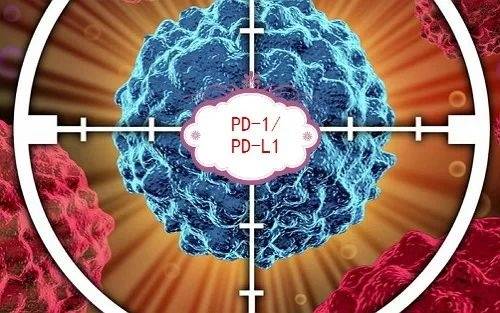Continued 6. Nature’s New Discovery: Another Unidentified Anti-cancer Approach of PD-1 / PD-L1 Antibodies doi: 10.1038/nature22396. On May 17, Nature published an online article titled “PD-1 expression by tumor-associated macrophages inhibits phagocytosis and tumor immunity”, revealing the immune checkpoint inhibitors represented by the PD-1 / PD-L1 antibody can fight cancer in a completely different way. Dr. Irving Weissman, a professor of pathology and developmental biology at Stanford…
Interpretation of the Recent PD-1 Research Progress
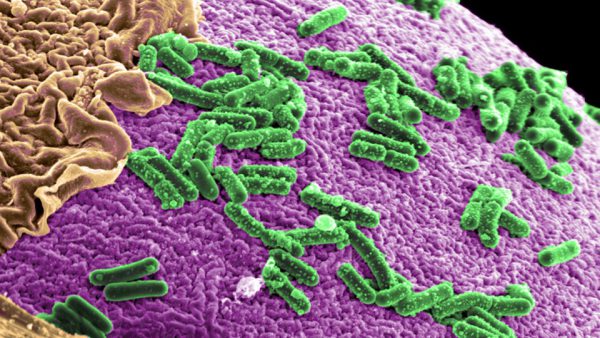
PD-1 (programmed cell death protein 1), the programmed death receptor 1, is an important immunosuppressive molecule. Immunomodulation which targets PD-1 is of great importance to anti-tumor, anti-infective, anti-autoimmune diseases, and organ transplant survival. In recent years, scientists have made a number of achievements in the field of PD-1 research. We will share the relevant research here. 1.Science: Scientists confirm that intestinal microbes affect PD-1 / L1 antibody treatment for…
Highlights of the Journal Cell for Oct, 2017 (III)
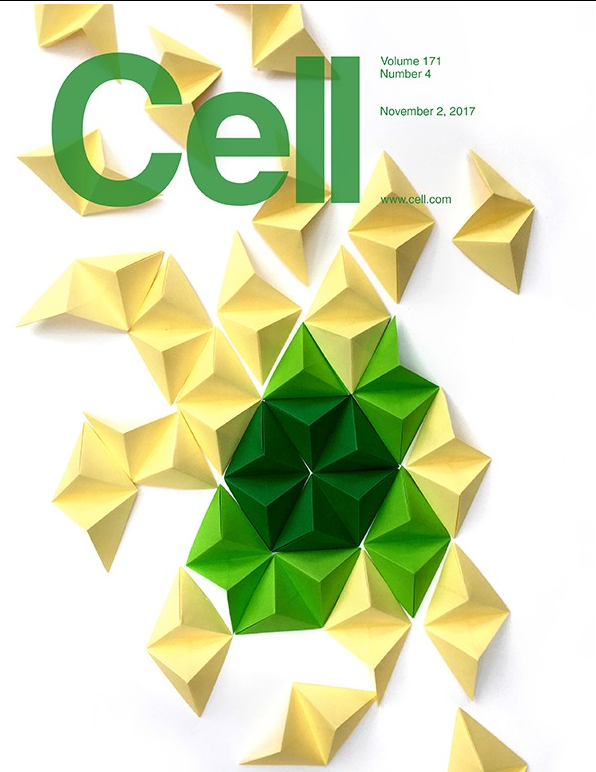
(Continued) 9. Draw a four-dimensional map of the self-folding of the human genome Suhas S.P. Rao, Su-Chen Huang, Brian Glenn St Hilaire et al. Cohesin Loss Eliminates All Loop Domains. Cell, 5 October 2017, 171(2):305–320, doi:10.1016/j.cell.2017.09.026 In a new study, researchers from institutions such as Baylor College of Medicine, Rice University, Stanford University and Broad Institute, constructed the high-resolution four-dimensional map of the human genome fold for…
Highlights of the Journal Cell for Oct, 2017 (II)

(Continued) 5. On average, one to ten mutations are sufficient to promote cancer Iñigo Martincorena, Keiran M. Raine, Moritz Gerstung et al. Universal Patterns of Selection in Cancer and Somatic Tissues. Cell, Published online: October 19, 2017, doi:10.1016/j.cell.2017.09.042 In a study of more than 7,500 tumors of 29 cancer types, researchers from the Wellcome Trust Sanger Institute, the European Bioinformatics Institute, and the Francis-Crick Institute unbiased evaluated…
Highlights of the Journal Cell for Oct, 2017 (I)
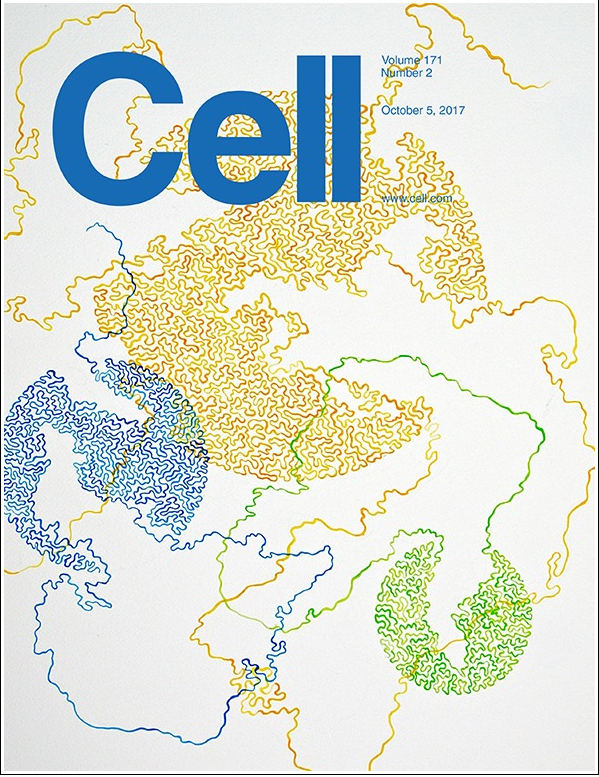
There are lots of great articles published on Cell in October, let’s share some highlights for you. 1. New discovery on cancer metabolic which challenge the view of nearly 100 years Brandon Faubert, Kevin Y. Li, Ling Cai et al. Lactate Metabolism in Human Lung Tumors. Cell, 5 October 2017, 171(2):358–371, doi:10.1016/j.cell.2017.09.019 In this new study, researchers from the Children’s Medical Center (CRI) at the University of Texas…
DcR3 Is the Key Factor of Endometriosis, Academia Sinica Found
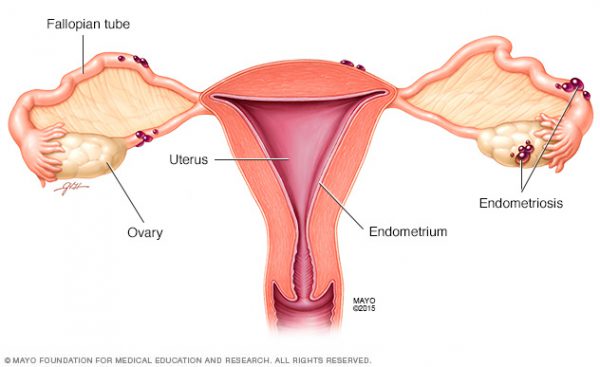
Dr. Shi-Liang Hsieh and his team, from Genomics Research Center, Academia Sinica, has done years of work to find answers to inflammations. Recently, his team has confirmed that inflammation-related DcR3 protein is a key factor to enhance adhesion of endometrial cells, which in turn cause endometriosis, offering an opportunity for the treatment of endometriosis without side effects. Their findings were published in the Journal of Pathology on October 23, 2017….
The Nobel Prize in Chemistry 2017 Awarded to Three Developers of Cryo-Electron Microscopy
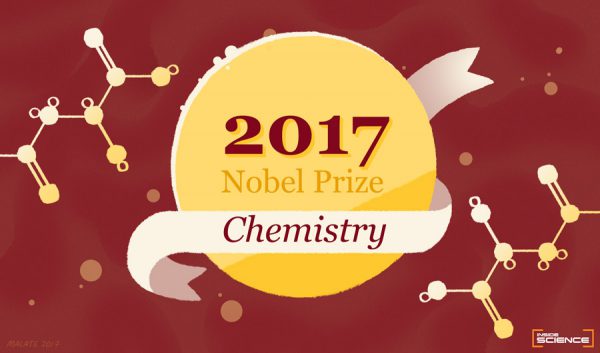
The Nobel Prize in Chemistry 2017 was awarded to Jacques Dubochet, Joachim Frank, and Richard Henderson for their development of Cryo-Electron Microscopy (cryo-EM), which simplified and improved the imaging of biomolecules’ structure. Did you notice, when you look at biochemical related news a certain period of time before, the pictures of the virus or other biomolecular structure just looked like the rough photos in old 3D horror games, or…
The 2017 Nobel Prize in Physiology or Medicine Announced
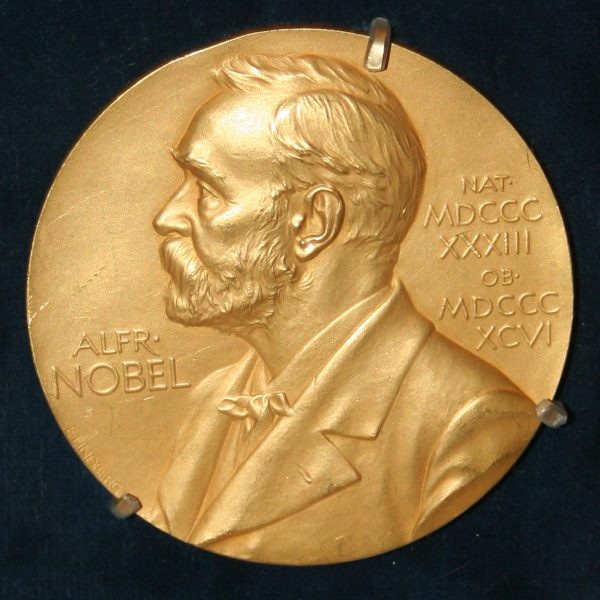
2017/10/02, the 2017 Nobel Prize in Physiology or Medicine jointly to Jeffrey C. Hall, Michael Rosbash and Michael W. Young for their discoveries of molecular mechanisms controlling the circadian rhythm. They will share 9 million Swedish kroner bonuses award. Jeffrey C. Hall, born in New York in 1945. 1971 received a Ph.D. from the University of Washington, 1971 to 1973 got post-doctoral position at the California Institute of Technology. In…
Trispecific Antibodies Show Exceptional Potency Against Diverse HIV Viruses
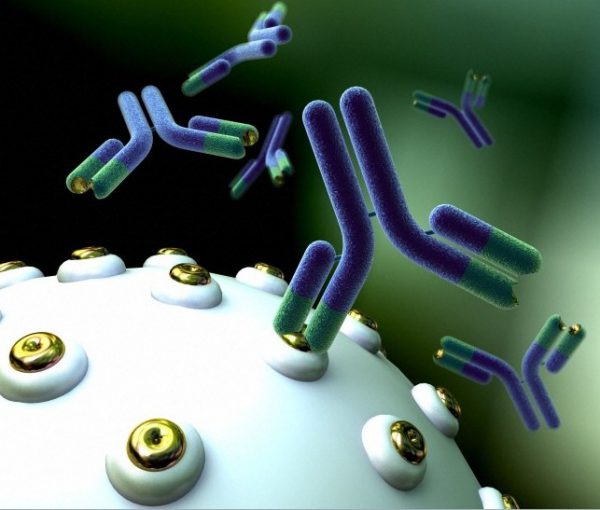
According to the World Health Organization (WHO) statistics, in 2016, a total of about 36 million people suffering from human immunodeficiency disease in the world. Faced such a dilemma, in the efforts of scientists’ study, it seems have a breakthrough. A study on human immunodeficiency virus (HIV) antibody was published in the September 20, 2017 of the journal Science, which is an important milestone in HIV research. Researchers create am…
Worldwide Mortality Rates: One in Five Deaths Linked to Poor Diet
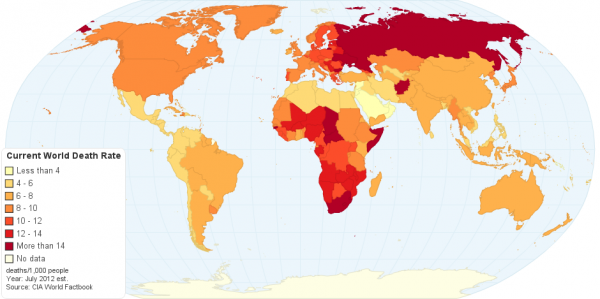
Recent study reveals: the number of deaths among children under five is decreasing. Though overall both men and women around the world are living longer, one in five deaths were linked to poor diet last year. Life expectancy in 2016 worldwide was 75.3 years for women and 69.8 for men. Japan has the highest life expectancy at 84 years and the Central African Republic has the lowest at just…
